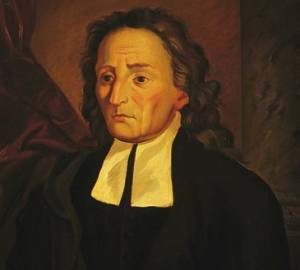Mr. Giambattista Vico [Diana]
Vico starts out by saying there are three ages of history. And along with these three ages was a language that was spoken. 1. The age of the gods - mute/wordless language 2. The age of the heroes - heroic emblems (similes, comparisons, metaphors etc.) 3. The age of men - human/civilized language Vico claims that the first science that must be studied is mythology (this would correspond with the first age of history) He talks about having a “New Science” This new science would have patterns for history and would trace them back through all of history. I had some trouble understanding exactly what he meant by all of this though. I really enjoyed the bit where he talks about wisdom and poets. He talks about the divine and how it means something mysterious that is not known by men, whether it is hidden from them or within them. How God's knowledge and creation are the same thing because all knowledge was created by God. I liked how he described poets as being the part of mankind that is sensory and philosophers are the part of mankind that is intellectual. Wisdom comes from both poets and philosophers and it is the thing above all other things. When mankind has wisdom, it will reach only for the truly wonderful, perhaps even the truly sublime. The longer Vico writes, the more in depth his explanation of wisdom gets. Poetry has a large role in deepening this wisdom. It's three tasks are: 1. invent sublime myths 2. excite to ecstasy 3. teach the masses to act virtuously If poetry achieves all of these things, then it is truly great and will lead mankind to a higher level.
Burg. “Mr. Giambattista Vico.” 1/30/13. <http://ablogbyvirtueofitself.blogspot.com/2013/01/mr-giambattista-vico-diana.html>.
